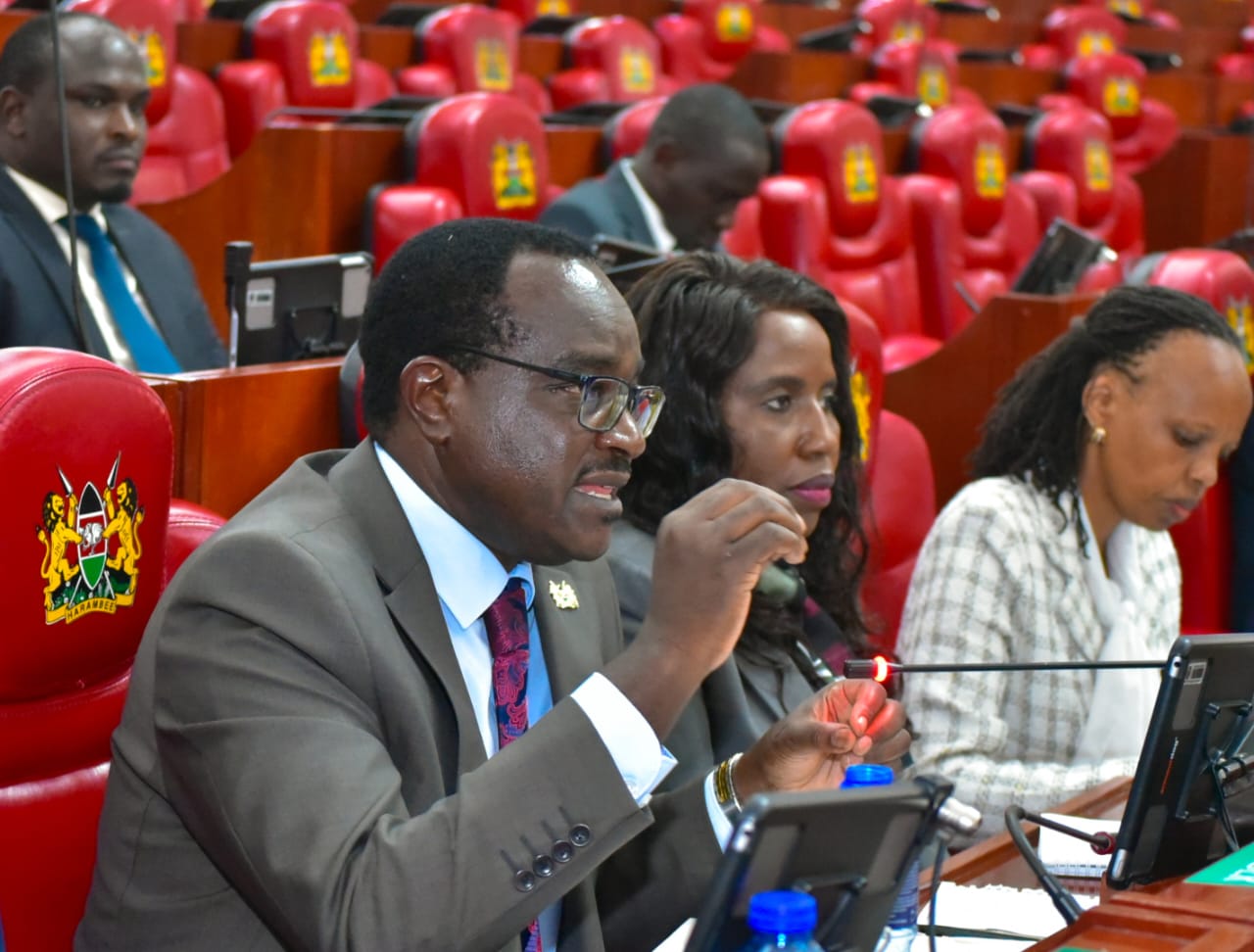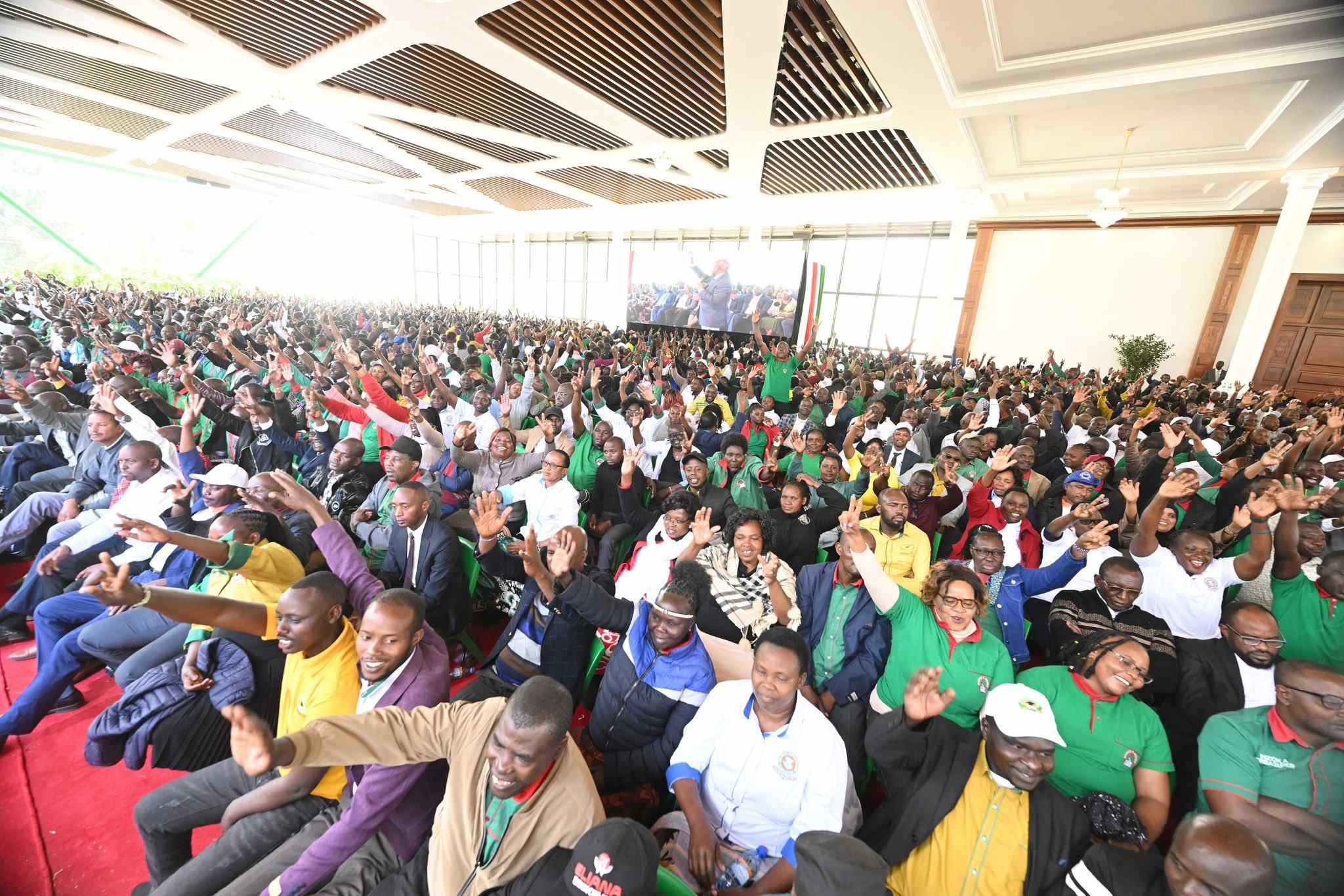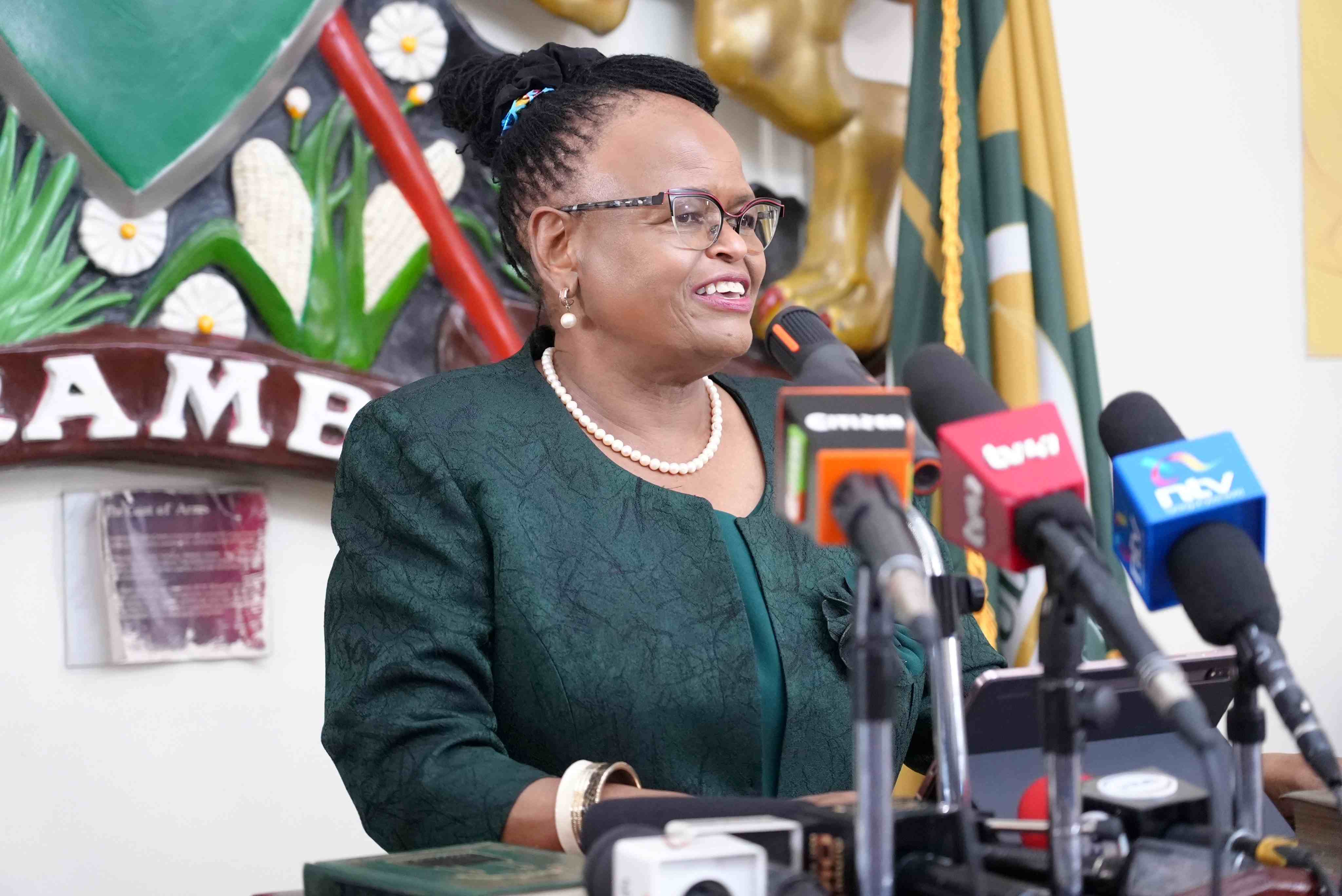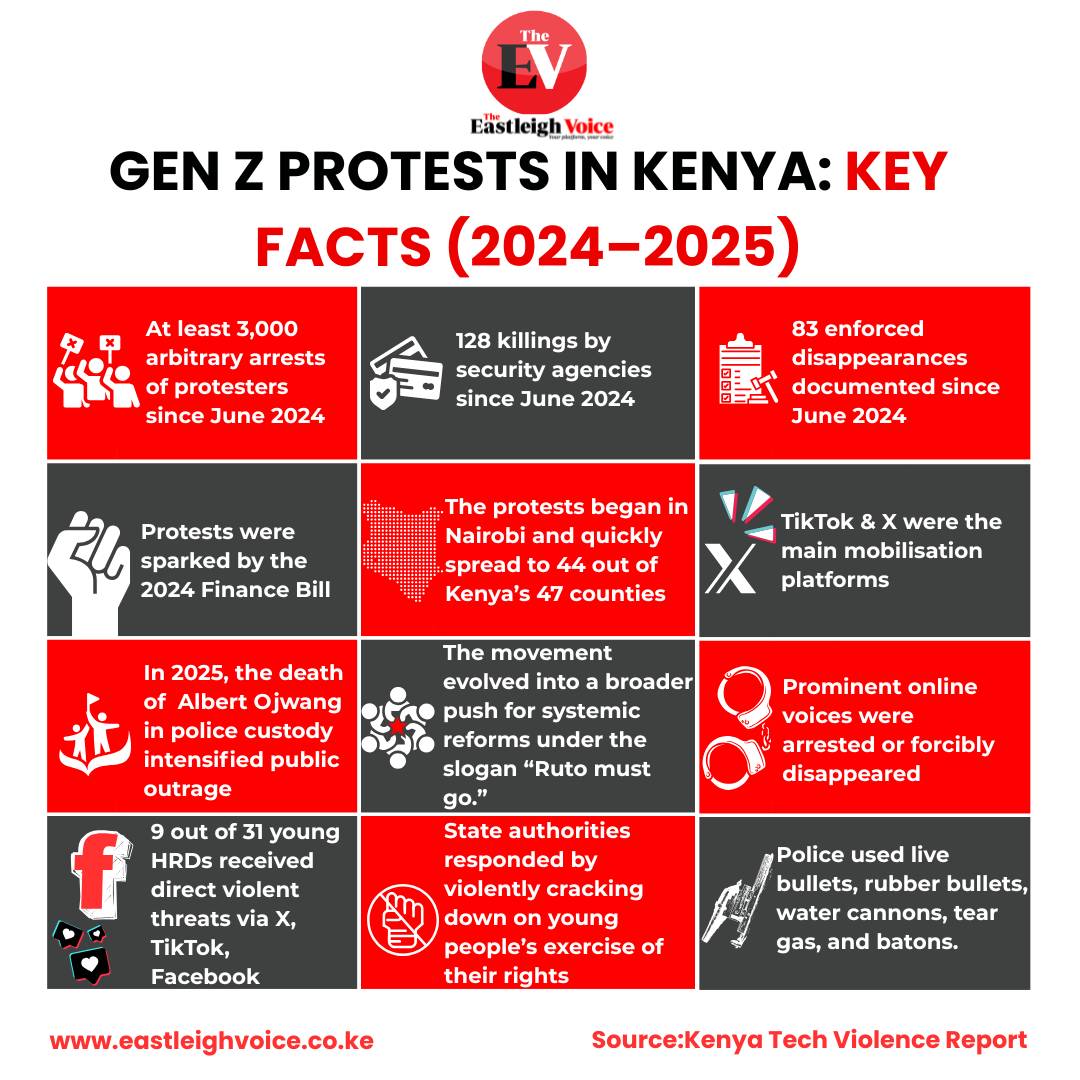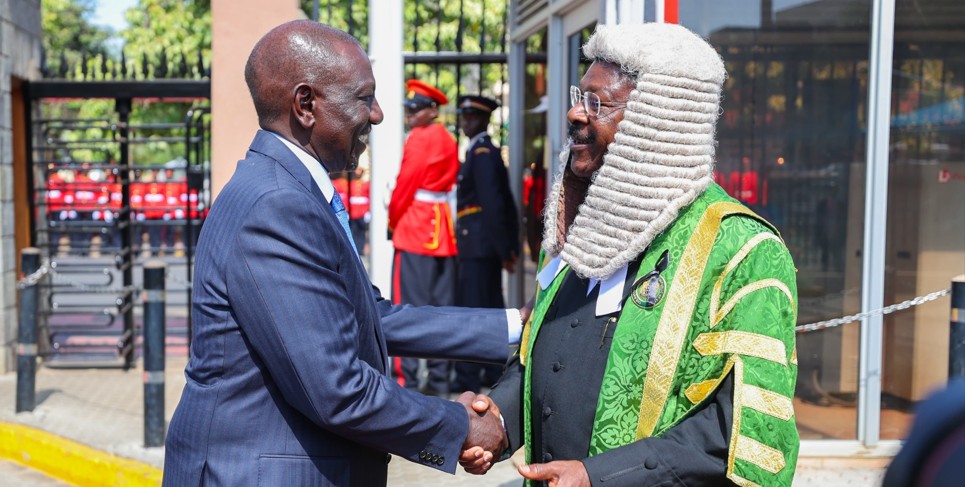Upcoming by-elections to cost Sh700 million, says IEBC Commissioner Ann Nderitu
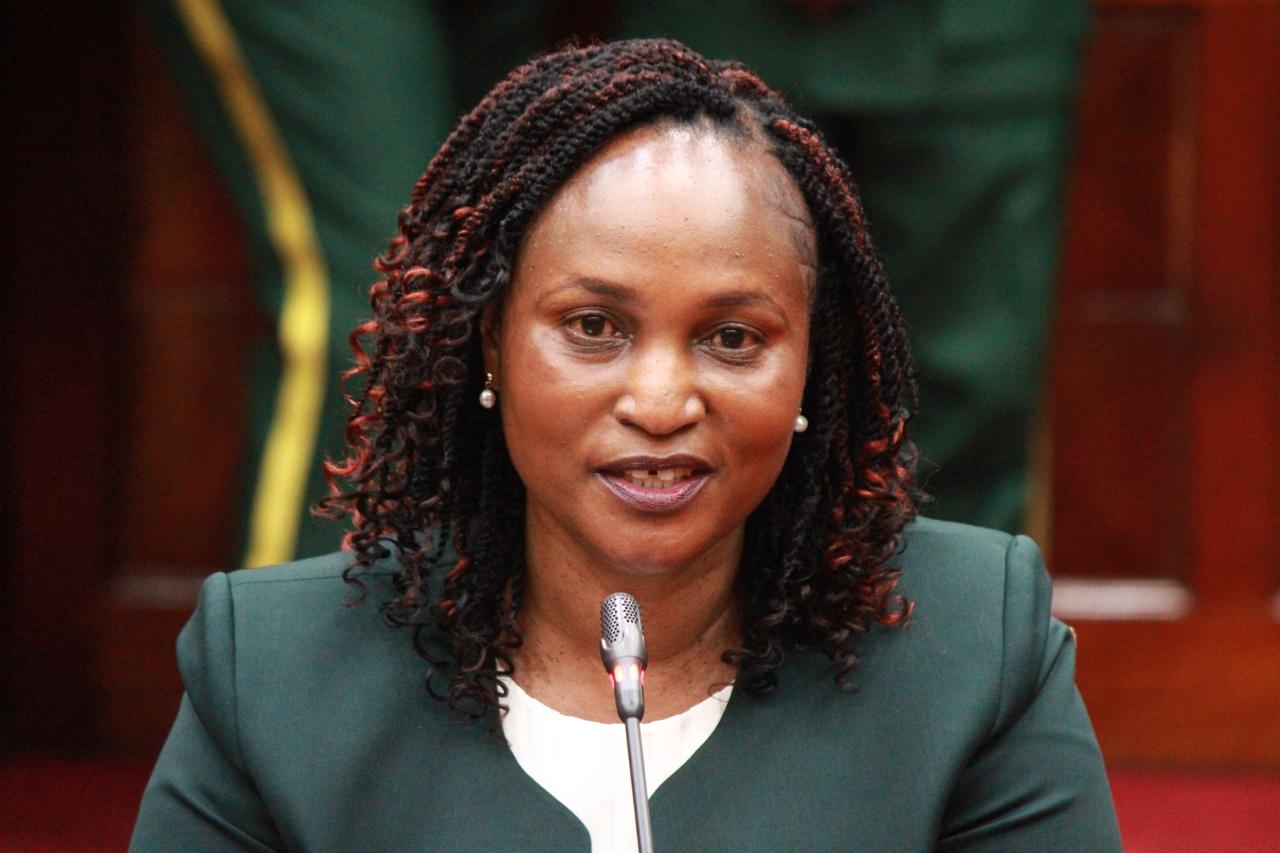
Besides human resources, electoral materials form a large portion of the costs. Ballot papers, seals, stamps, and indelible ink are all produced with strict security measures.
The Independent Electoral and Boundaries Commission (IEBC) has disclosed that managing the 22 by-elections planned nationwide will require an estimated Sh700 million.
The Commission says the bulk of this spending will cover logistics and the deployment of election officials to various parts of the country.
More To Read
- IEBC receives first batch of ballot papers ahead of November 27 by-elections
- Opposition leaders file petition challenging IEBC’s 'centralisation of presidential election results'
- IG Douglas Kanja urges court not to issue orders over political activity claims
- Philip Aroko, Boyd Were slapped with Sh1 million fines over campaign violence in Kasipul
- IEBC urges Parliament to fast-track election reforms for fairness and speed
- IEBC Chair Erastus Ethekon calls for tougher penalties on election offences
Commissioner Ann Nderitu explained on Thursday that organising by-elections in Kenya is a complex undertaking that demands careful planning and significant resources.
“The biggest cost drivers are electoral officials, the procurement of materials, and the logistics involved in transporting everything to polling stations. These elements carry the heaviest burden,” she said.
Training electoral staff is a crucial element of the budget, ensuring voting procedures are conducted properly and results remain credible. Deploying officials across diverse locations, from major towns to remote regions, adds to logistical challenges.
“For instance, in Baringo County, we must carefully deploy vehicles to transport materials and personnel. In some far-flung locations, such as Banisa in Wajir and parts of Turkana, we even use flights to ensure that ballot papers arrive safely. This is necessary to prevent delays and guarantee security,” Nderitu noted.
Besides human resources, electoral materials form a large portion of the costs. Ballot papers, seals, stamps, and indelible ink are all produced with strict security measures.
“The ballot papers used in Kenya have more security features than currency notes,” the commissioner said.
“This is because our elections are designed not just to manage votes, but to manage trust. Citizens must have confidence that their votes are secure, that the counting process is transparent, and that results reflect their true choice.”
Investments in technology also contribute to the expenses.
Systems for voter verification, ballot tracking, and audit trails are in place to make sure every step of the process is transparent and accountable.
Nderitu pointed out that the high costs reflect Kenya’s unique electoral requirements.
“In other countries, the cost of elections is far lower because they do not have the same level of public scrutiny or security requirements. For example, in some jurisdictions, ballot papers are printed at polling stations using ordinary printers, with no additional security measures,” she said.
She contrasted Kenya’s approach with that of Sweden, where political parties distribute their own ballots and the commission acts mainly as a supervisor.
Despite limited direct involvement, the Swedish body enjoys high public trust.
The Sh700 million allocated highlights the complexity and high stakes of organising elections in Kenya, where maintaining credibility and transparency requires extensive investment in personnel, materials, and logistics.
Top Stories Today

